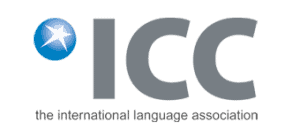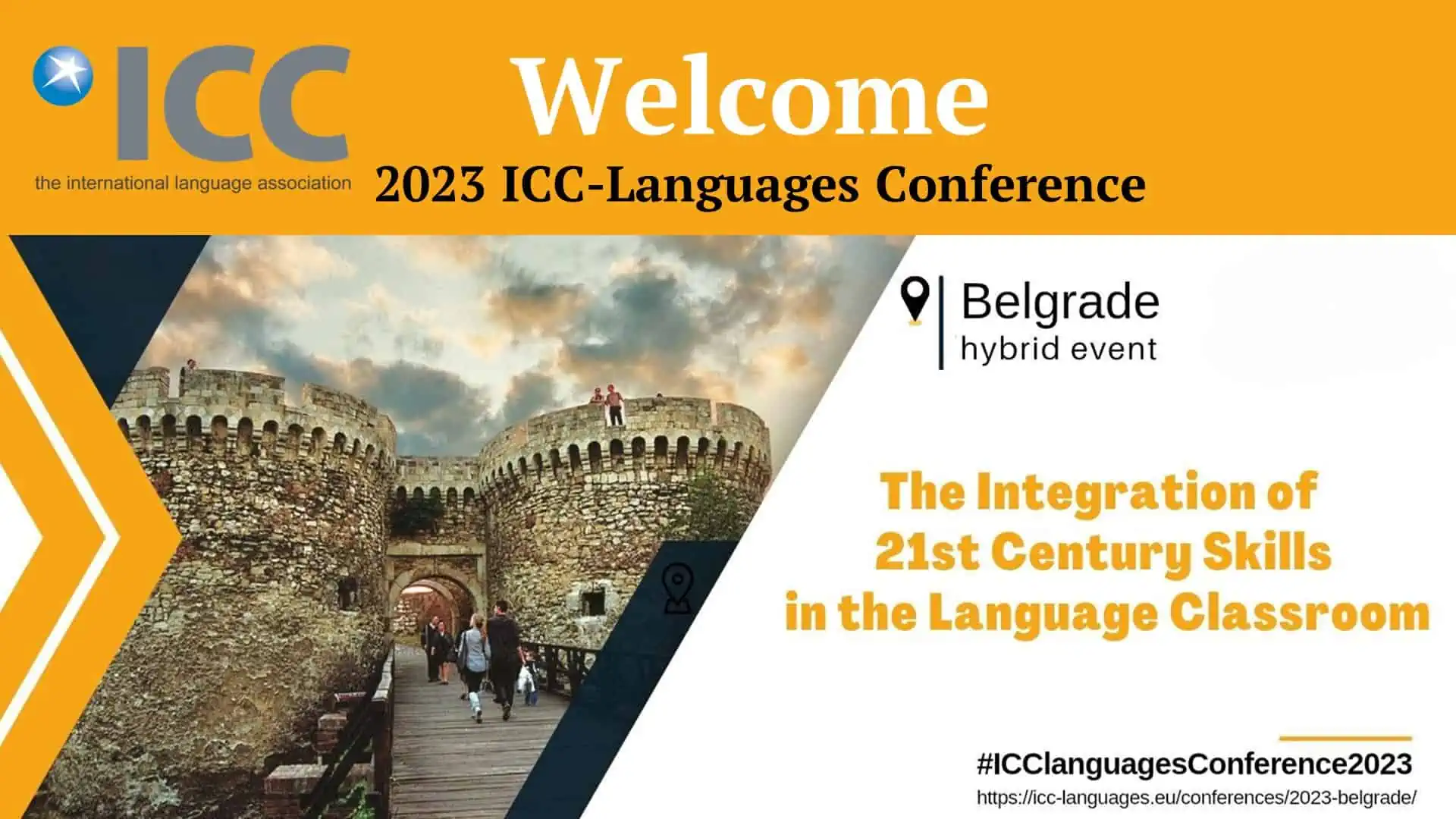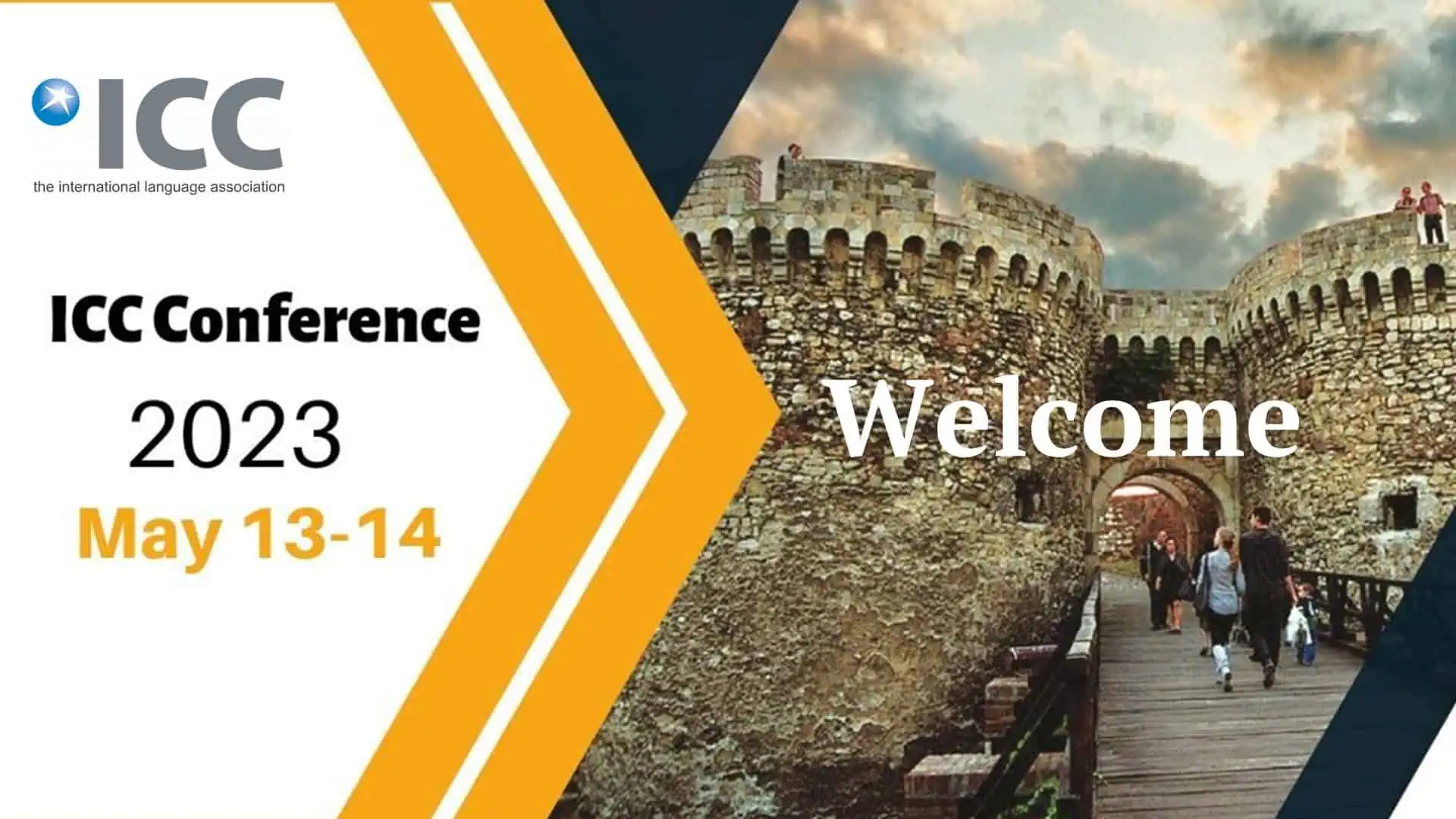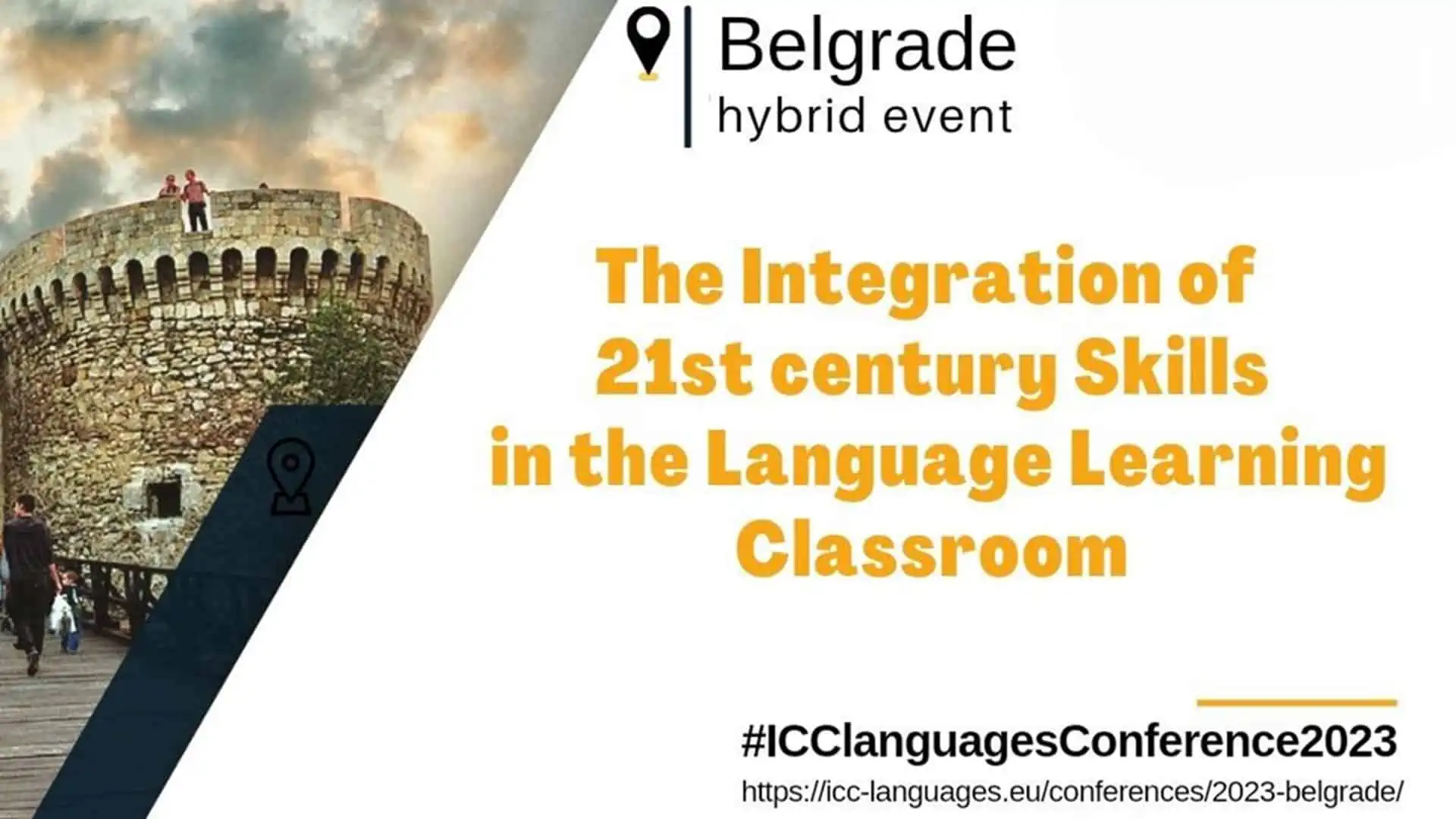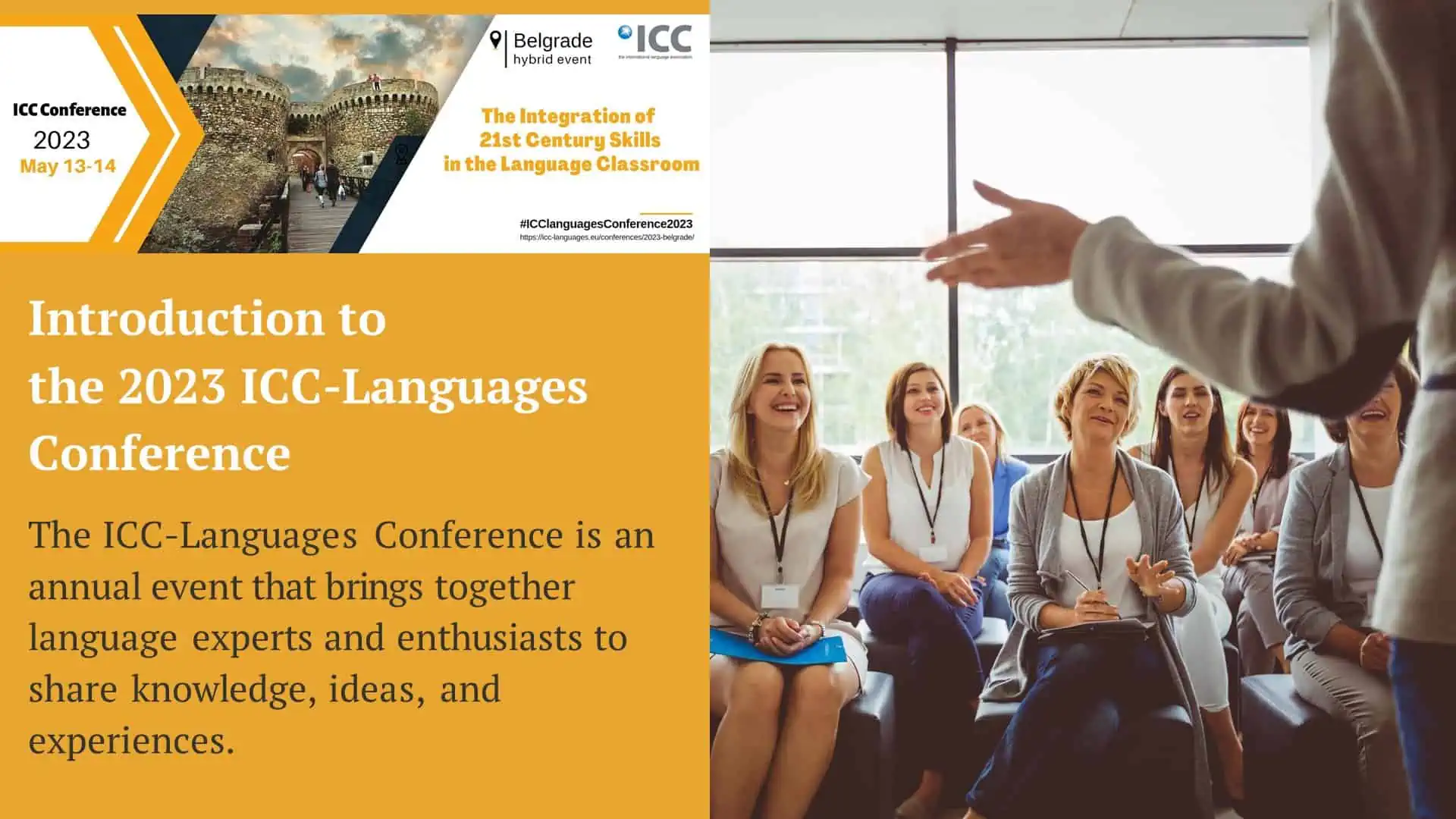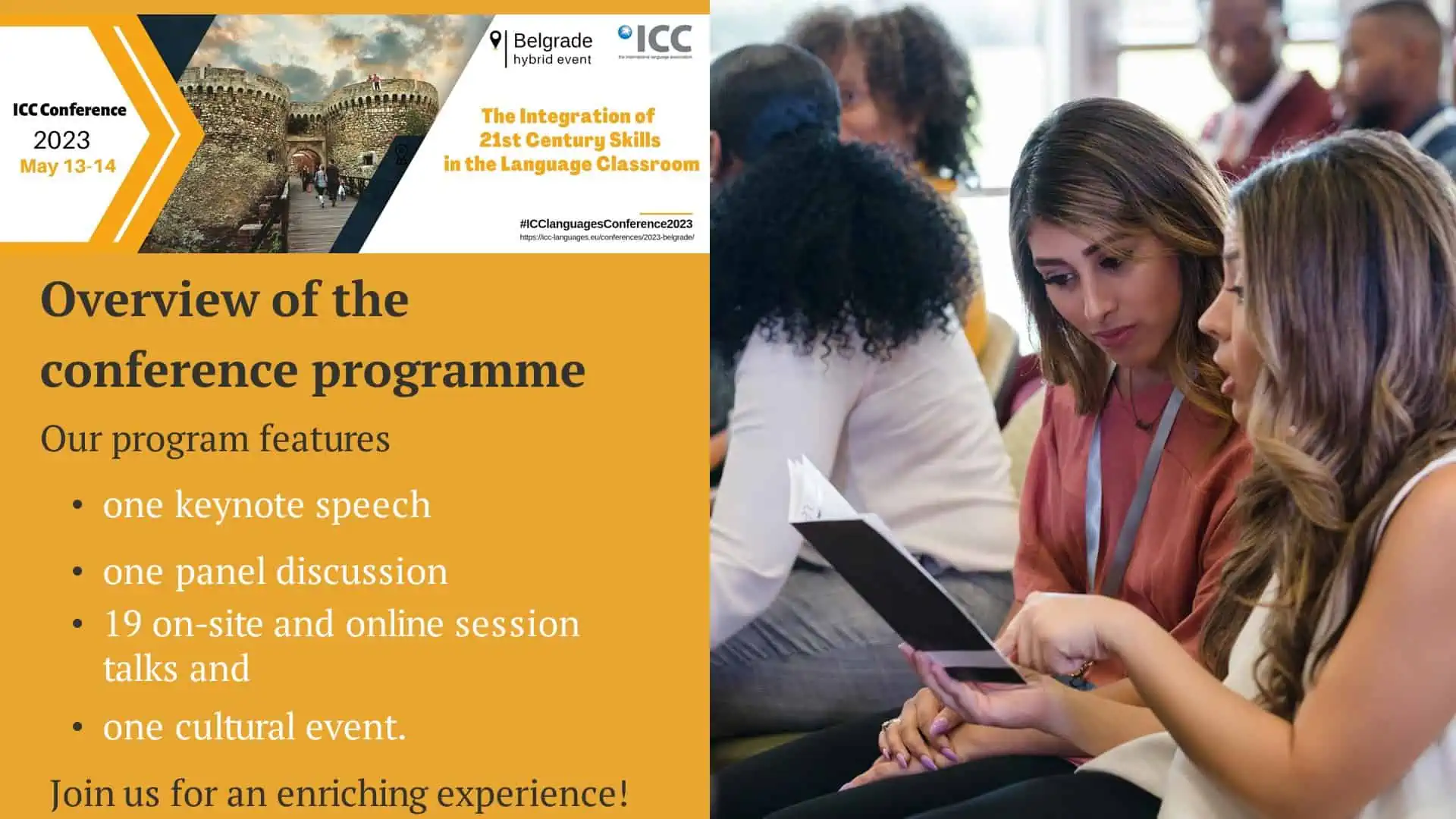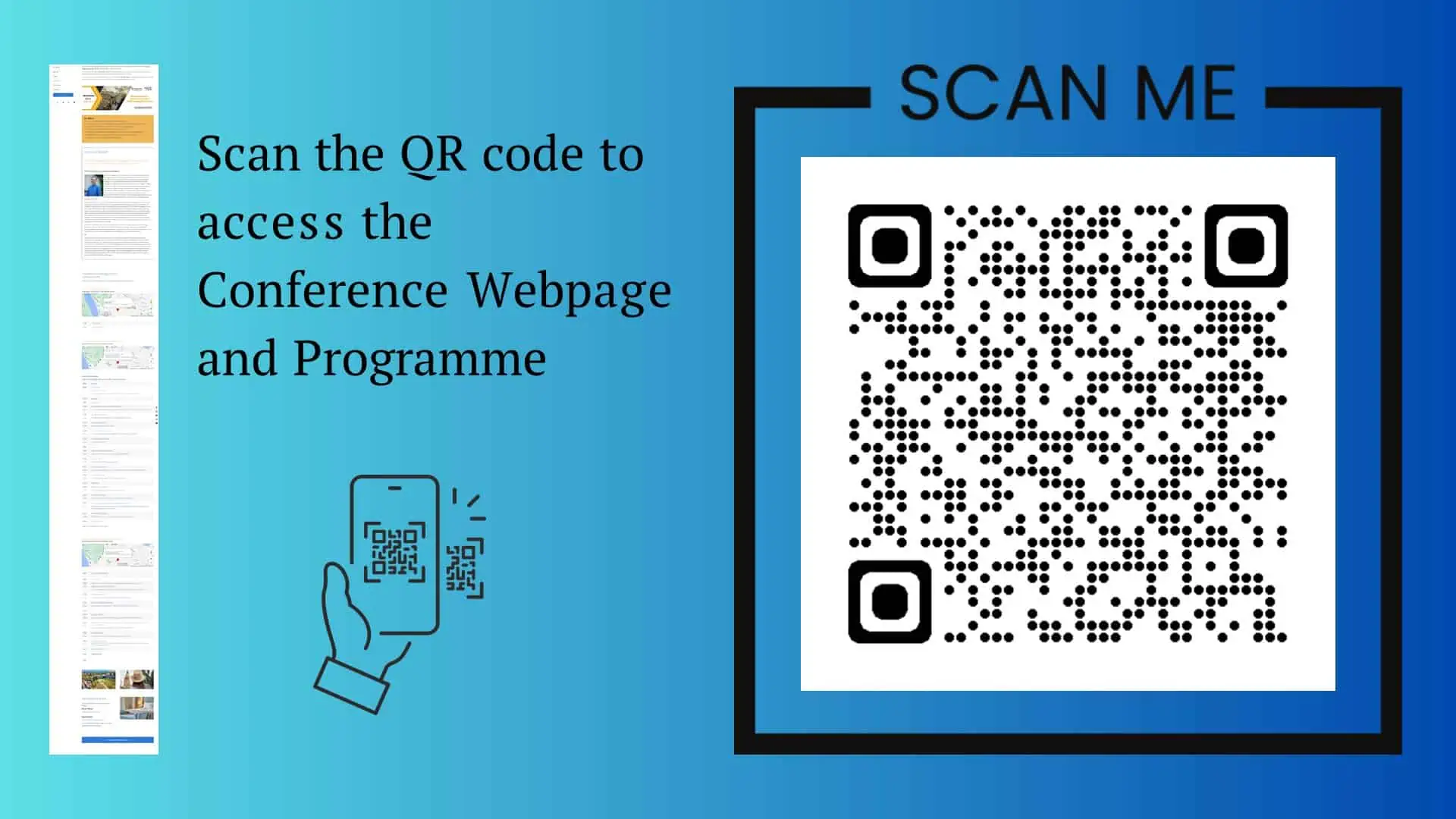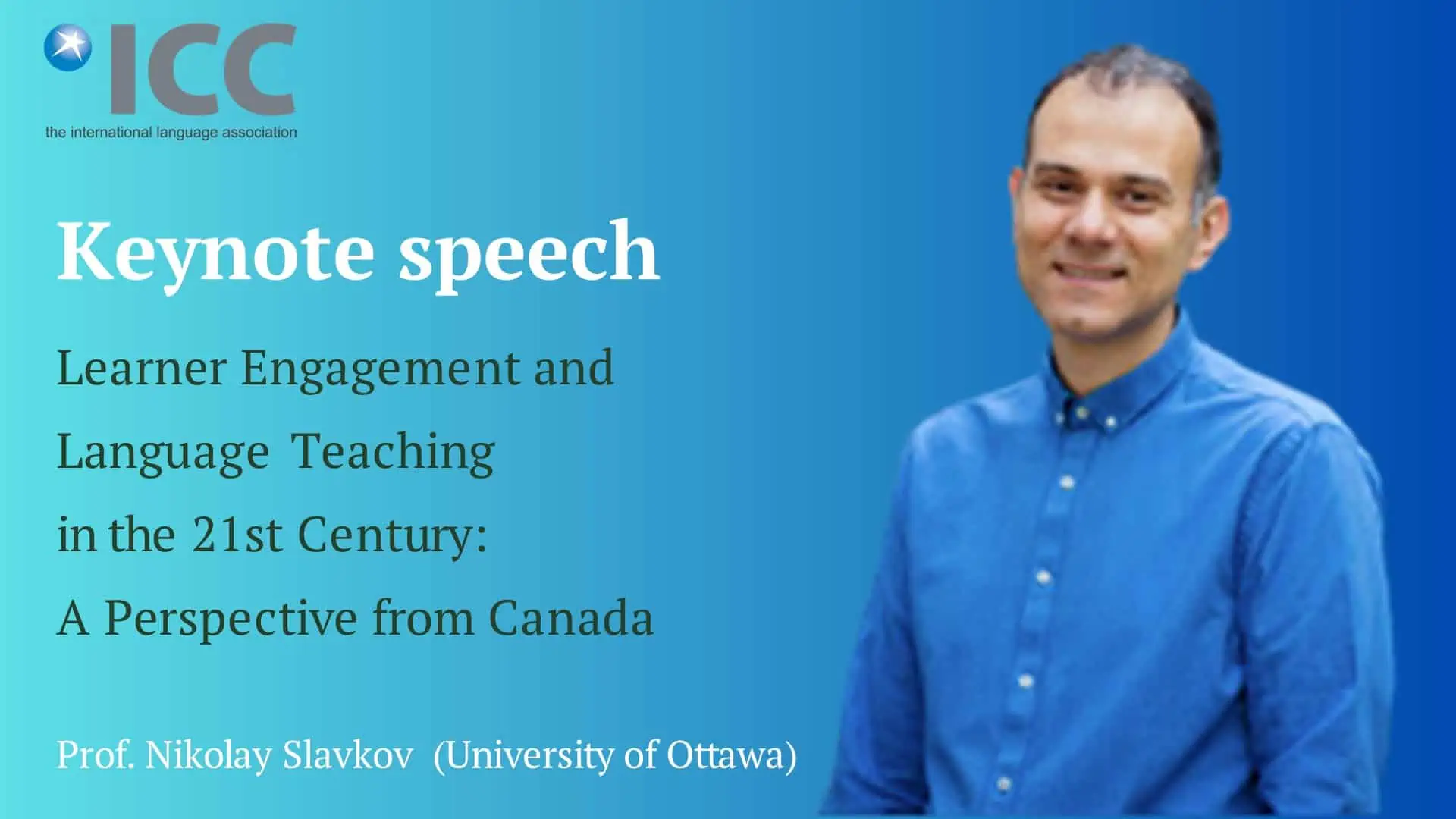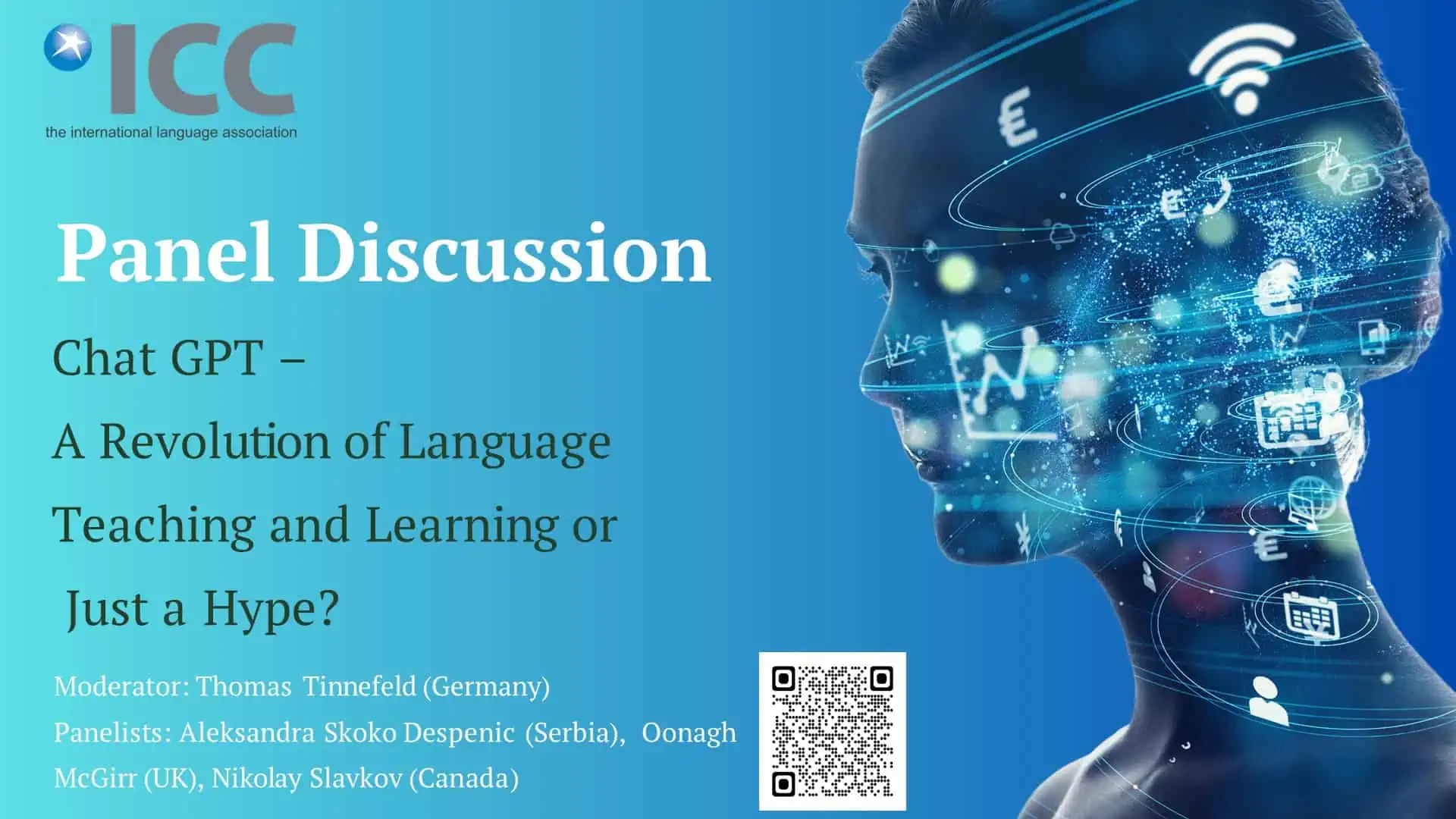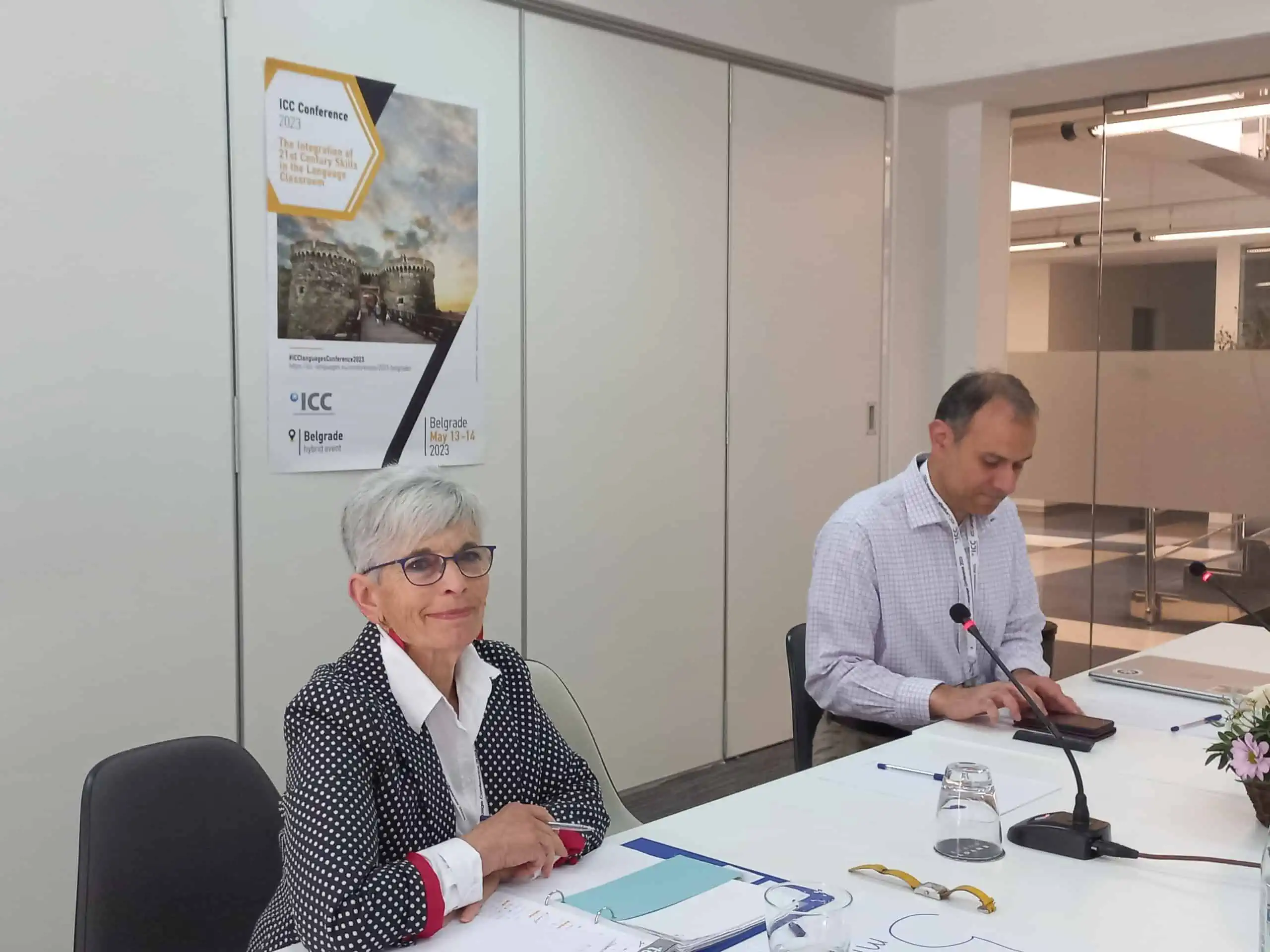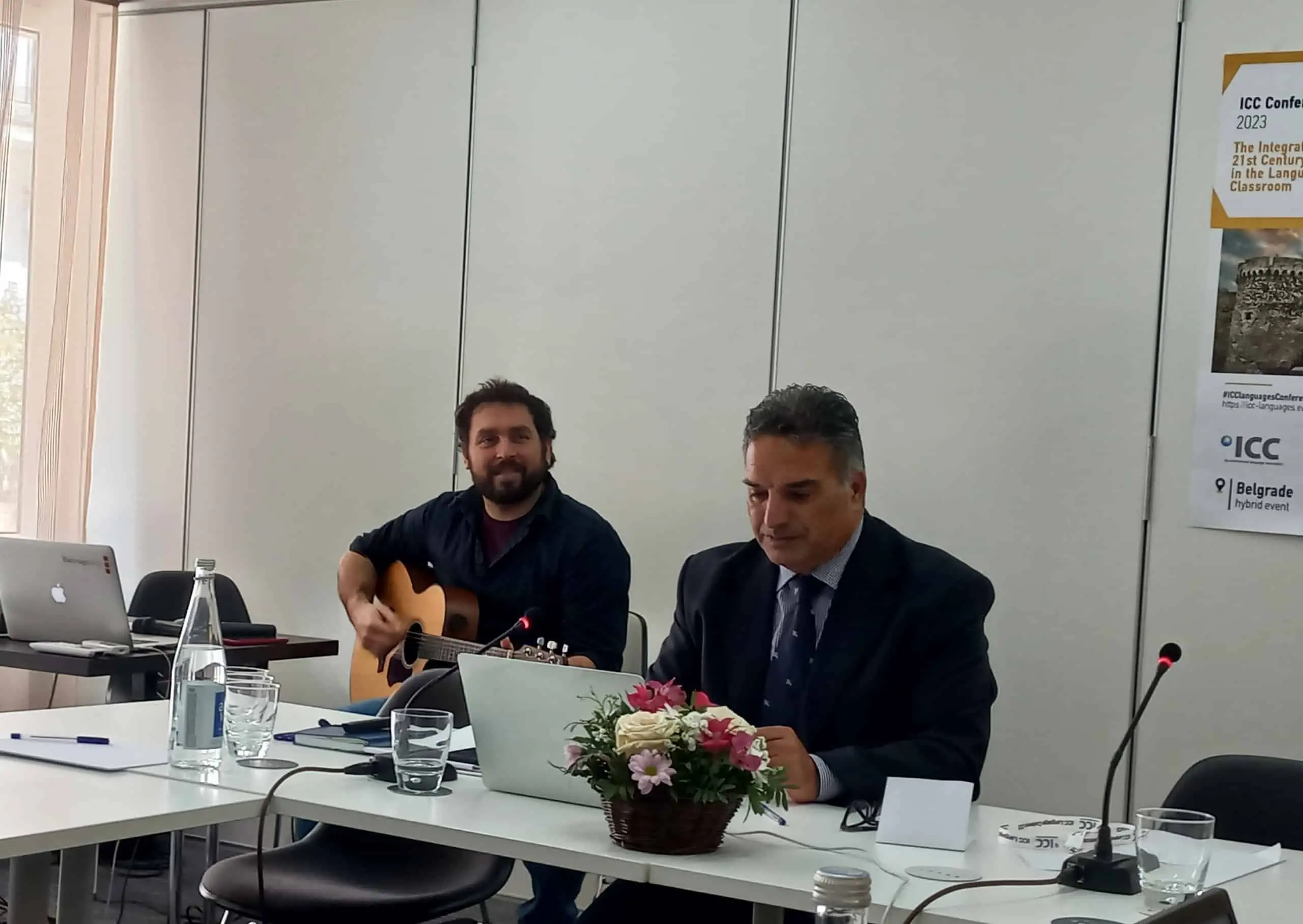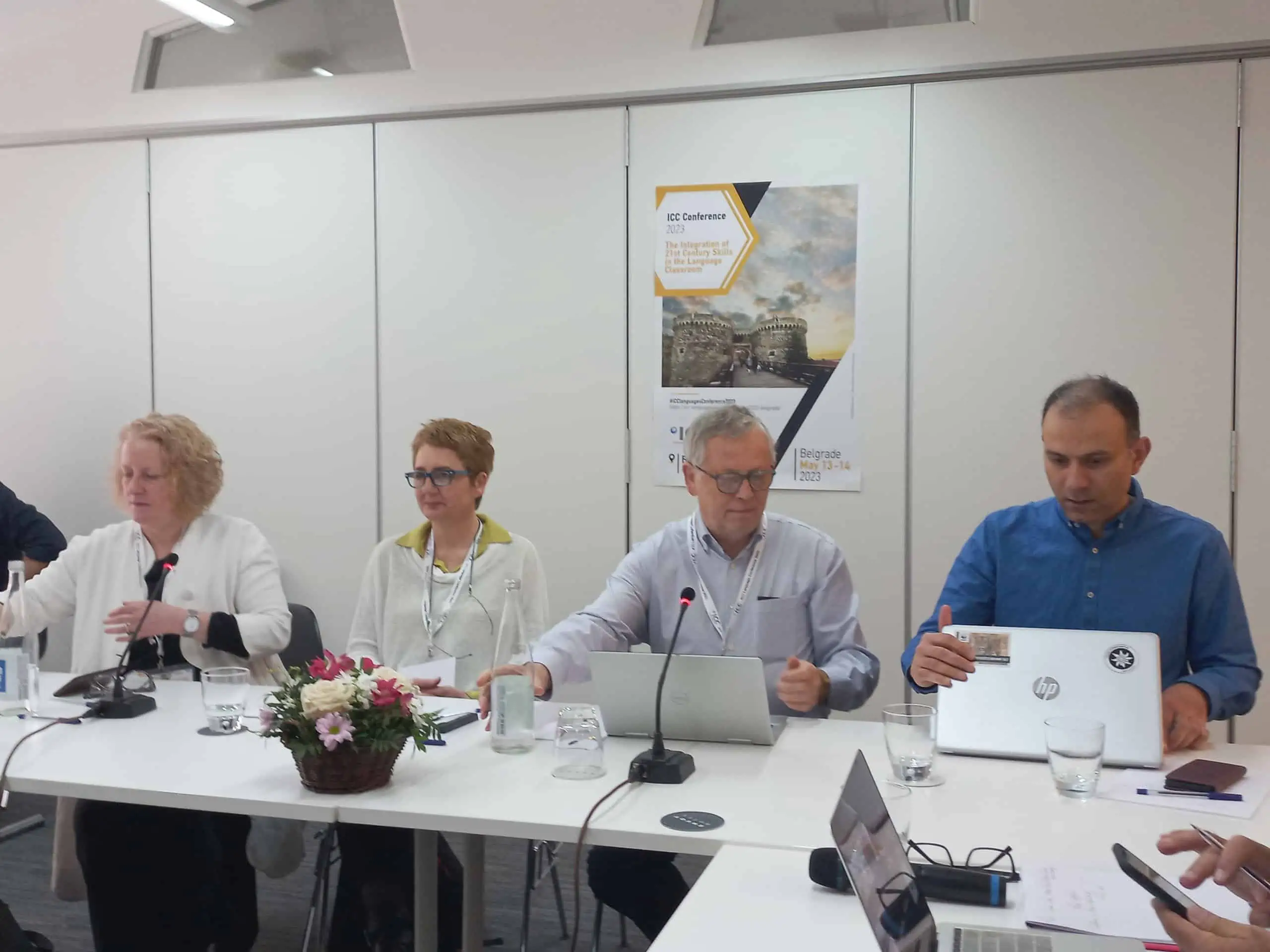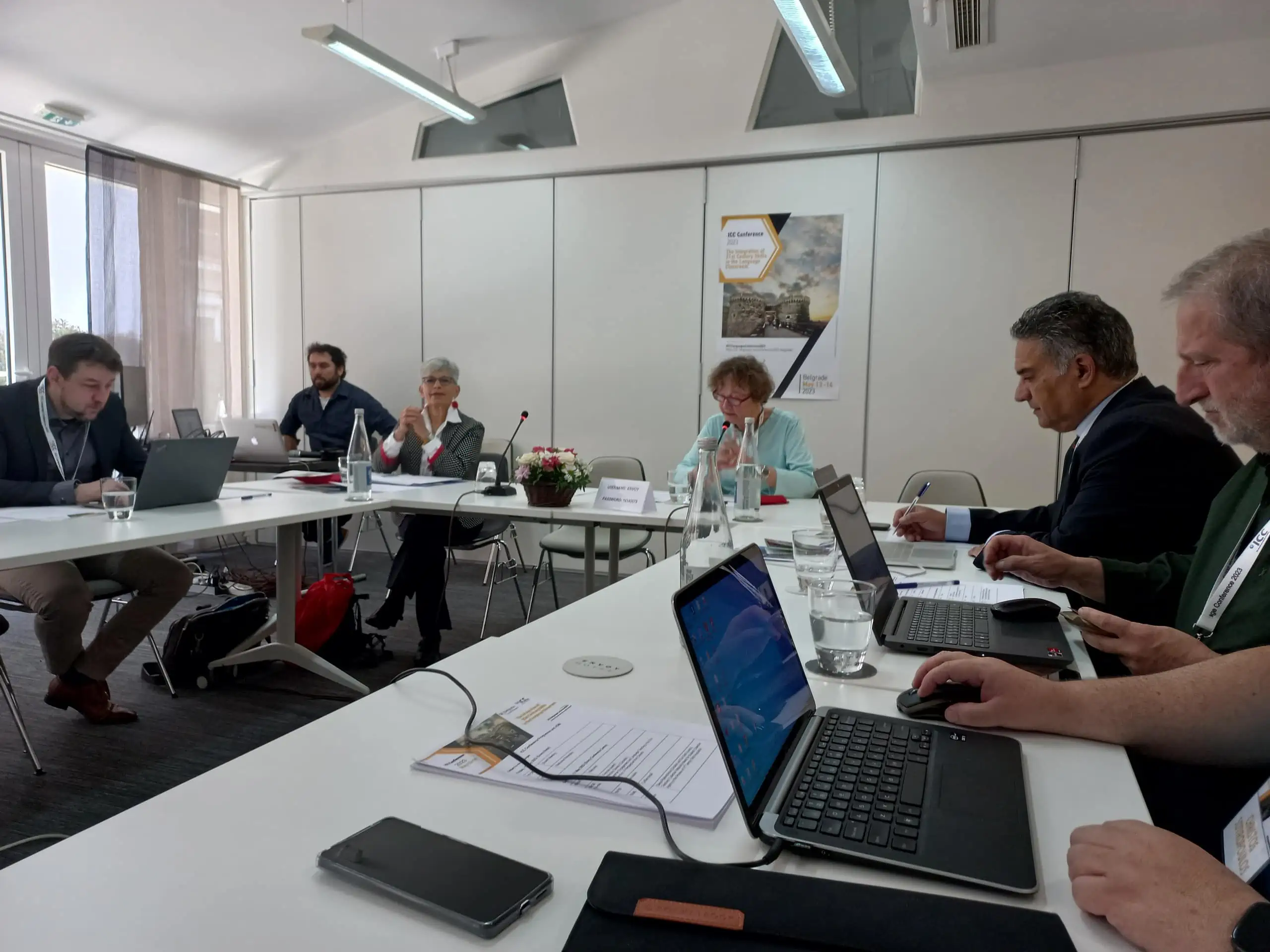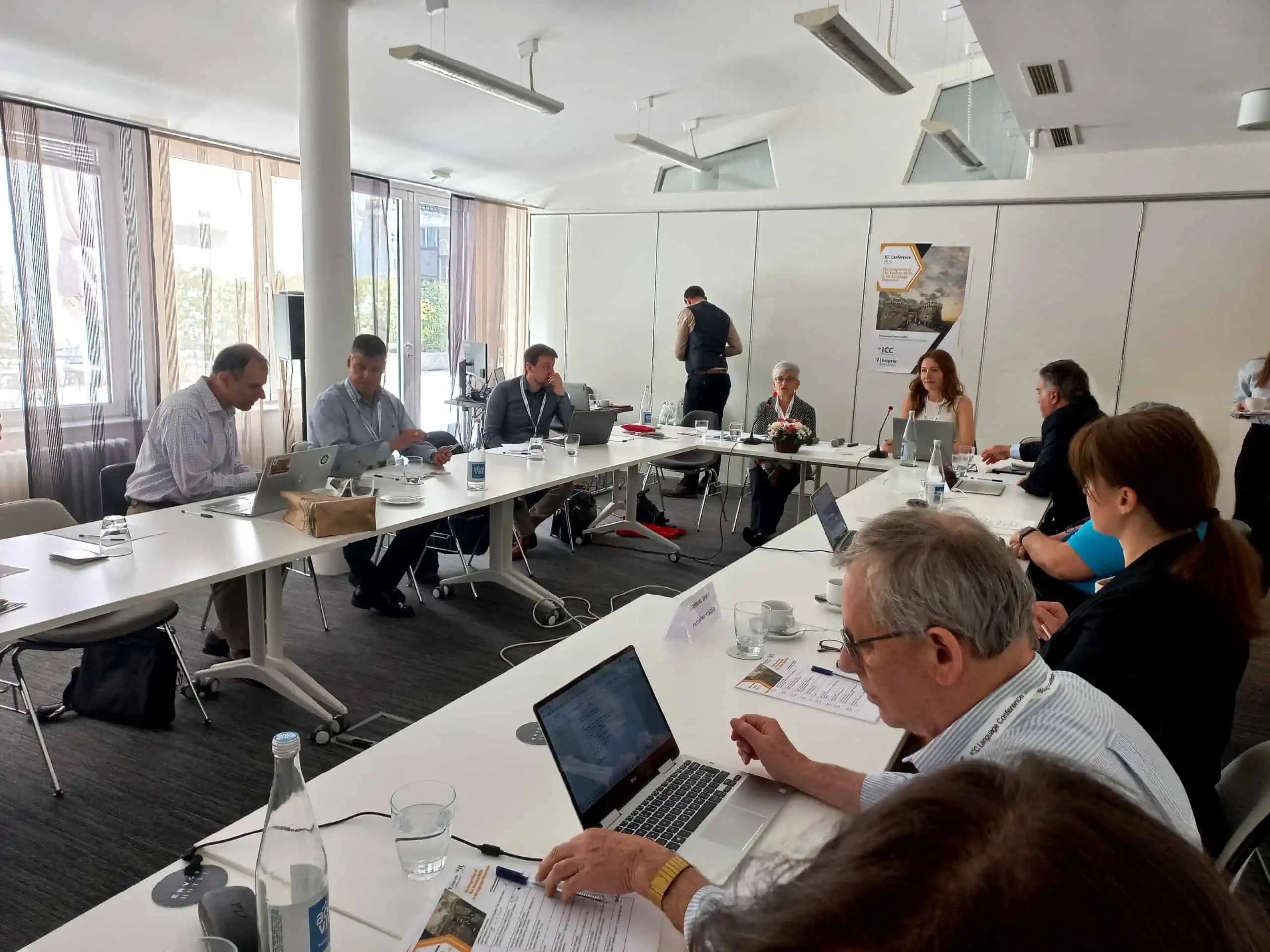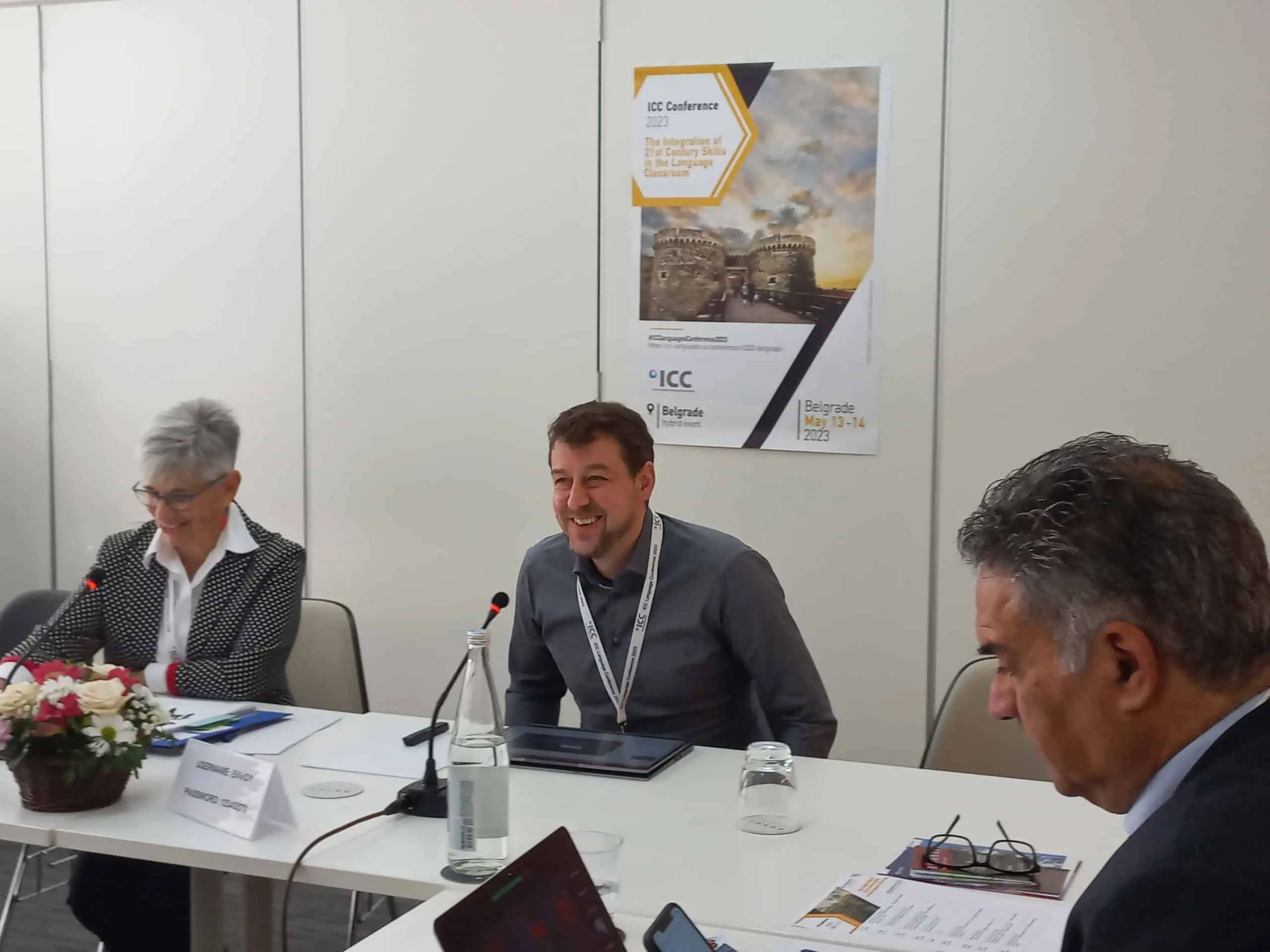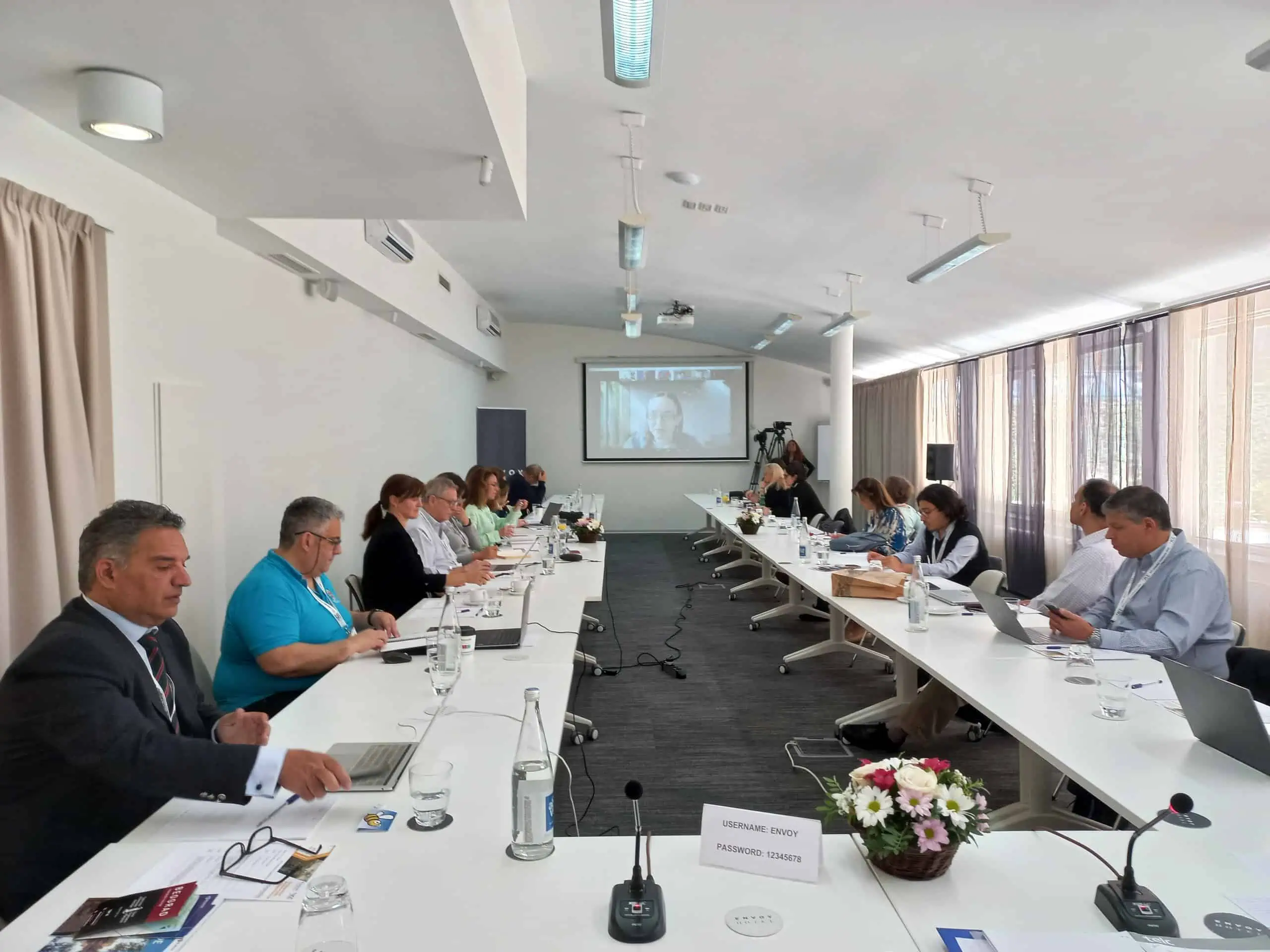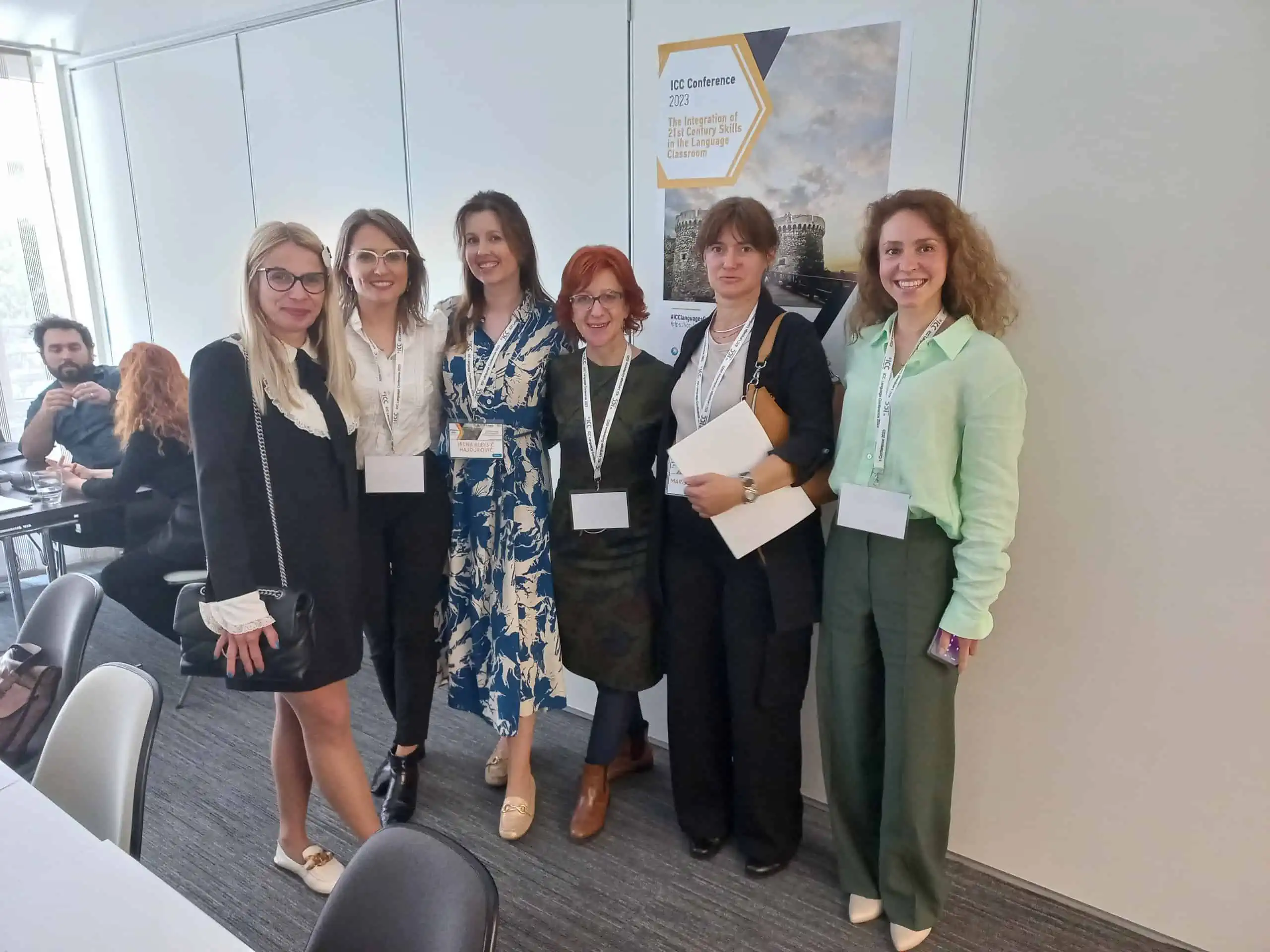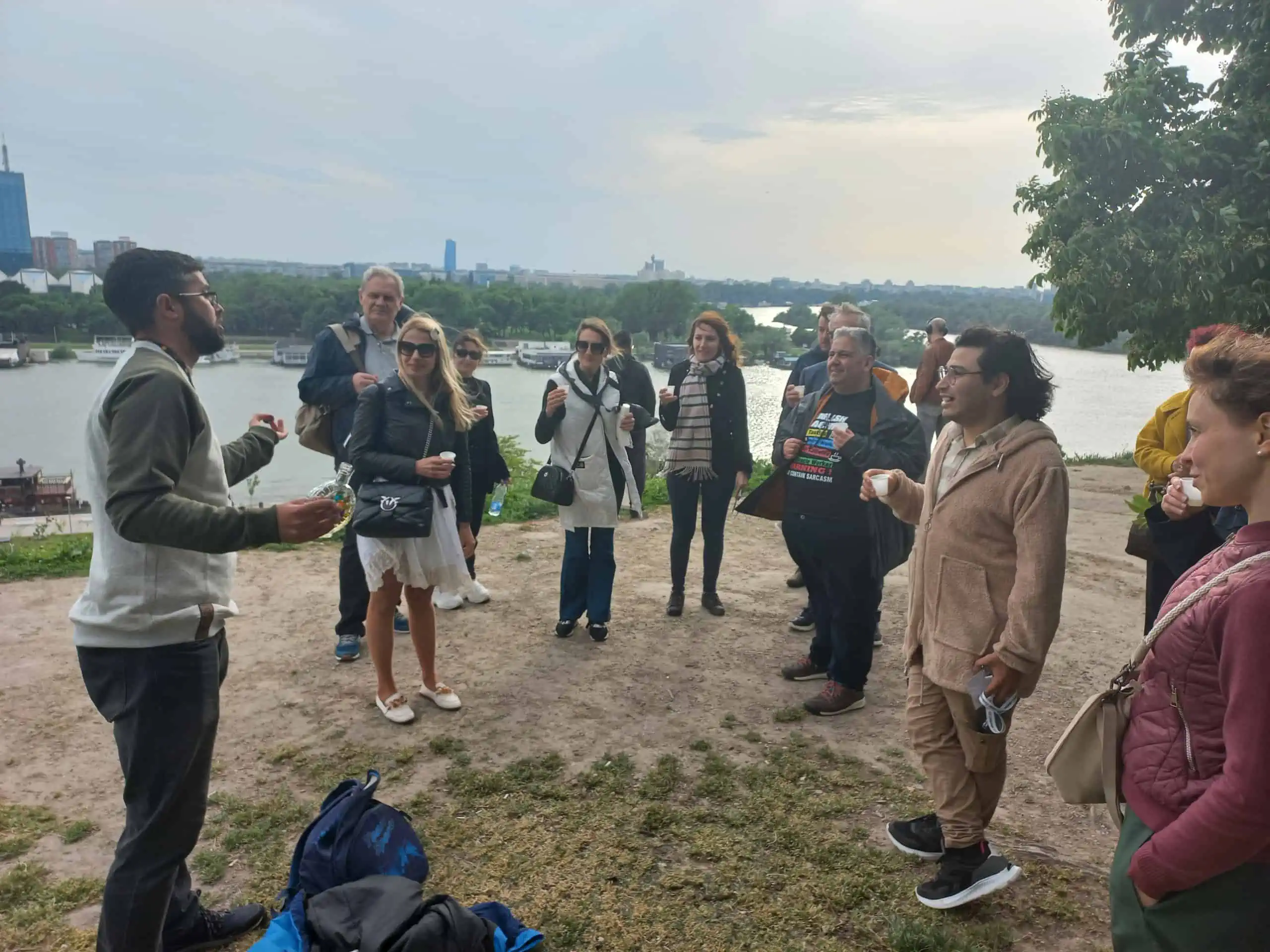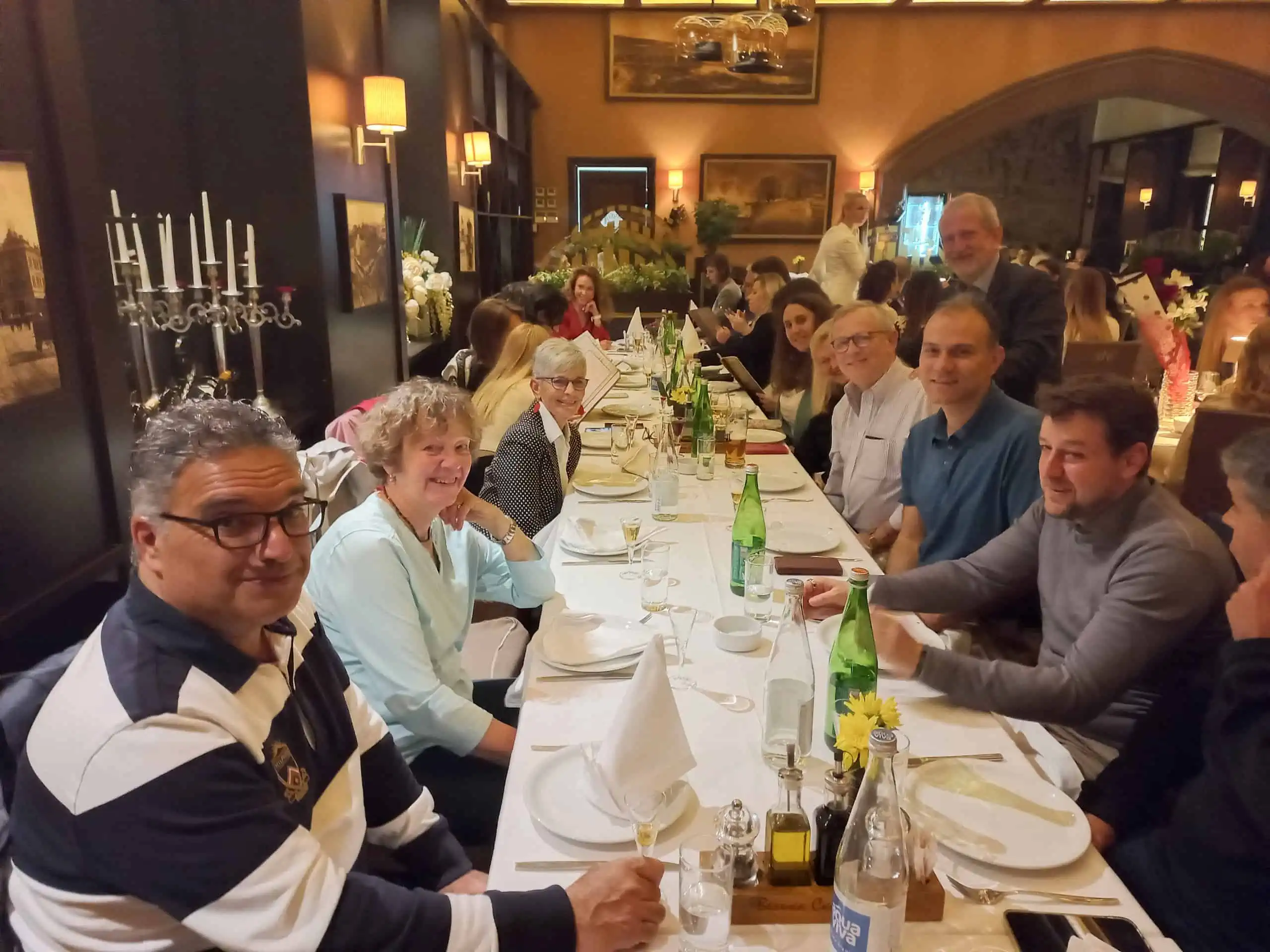KEY TOPICS
- 21st-century skills with regard to language teaching and learning
- Achieving well-being and student engagement in language learning and in the language classroom
- Diversity and inclusivity in language learning and intercultural communication
- The future of online teaching and hybrid classrooms after Covid-19
- The role of plurilingualism and translingual teaching in the classroom and in teaching materials
- Language teaching and teacher training for refugees: key principles and good practice
- Developments in online testing of language learning ability
Keynote Speech
Learner Engagement and Language Teaching in the 21st Century: A Perspective from Canada
Prof. Nikolay Slavkov (University of Ottawa)
Authentic engagement is an important piece in the language teaching and learning puzzle. Learning a language needs to be translatable into real-life applications. This can ultimately result in competent and confident target language use in a variety of daily interactions, rather than confining the language learning process to the walls of the classroom. In addition, a recent focus on 21st century or transversal skills has brought to the fore questions about how to integrate language learning into meaningful and useful competences that do not simply serve linguistic or communicative purposes. That is, learning and using a new language should confer more holistic benefits to an individual’s experiences and overall well-being in various social, professional, and personal contexts. Last but not least, language learning should also be… fun!
Against this backdrop, I will present the Linguistic Risk-Taking Initiative, a new pedagogical approach developed on the campus of the University of Ottawa, the largest English-French bilingual university in the world. I will showcase a linguistic passport tool and a digital app that were designed to increase learner engagement and push students out of their comfort zone into taking linguistic risks (in French or English). Linguistic risks are authentic communicative acts where students look for challenging professional, social, or personal situations. These are situations in which students would normally be hesitant to use the language that they are learning due to the “risk” of linguistic discomfort, anxiety, or lack of confidence. Yet, after actively seeking out and engaging in such communicative situations with the target language, learners can experience the benefits of increased competence and confidence in that language. This is also coupled with positive emotions, such as a feeling of pleasure, achievement, or success.
I will discuss some theoretical underpinnings of the approach from positive psychology, socialization, and gamification and then offer data from questionnaires, interviews, and app usage patterns validating the linguistic risk-taking approach and illustrating learner engagement. I will conclude by offering examples of how this approach and its tools can be adapted to other languages and contexts around the world.
Bio
Nikolay Slavkov is Associate Professor and Director of the Canadian Centre for Research and Studies in Bilingualism and Language Planning (CCERBAL) at the Official Languages and Bilingualism Institute (OLBI) of the University of Ottawa. Prof. Slavkov’s research contributions include keynote addresses, edited volumes, journal articles, and book chapters on language pedagogy and innovation, child language development, family language policy, technology, bilingualism, multilingualism, and (Slavic) linguistics. His work has appeared in the AILA Review, Canadian Modern Language Review, International Journal of Multilingualism, International Journal of Bilingual Education and Bilingualism, Foreign Language Annals, Second Language Research, Immersion Journal, Canadian Journal of Applied Linguistics, TESL Canada, Lingua, and Journal of Slavic Linguistics. He has taught in Canada, the United States, China, and Bulgaria.
